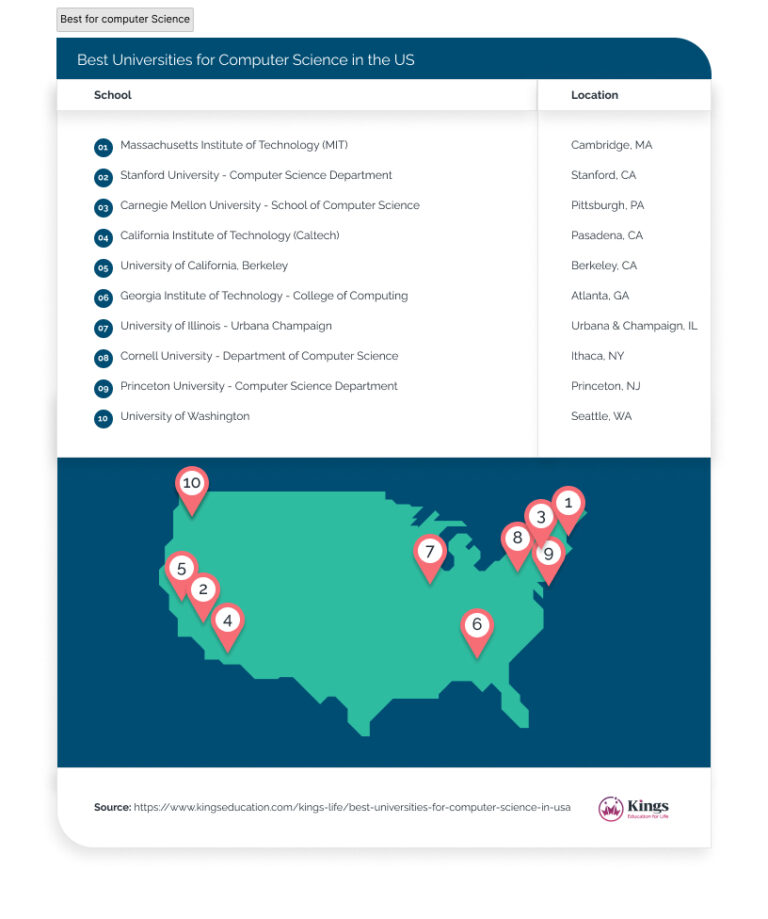Personal Finance Tips for Beginners: A Roadmap to Financial Success
Starting to manage your personal finances can feel overwhelming, especially if you’re new to the world of budgeting, saving, and investing. However, taking control of your financial future is one of the most important steps you can take for long-term security and success. Whether you’re just beginning your career, starting a family, or looking to get a better grip on your money, understanding the basics of personal finance is key. This article will guide you through essential personal finance tips for beginners, helping you lay the foundation for healthy financial habits that will benefit you for years to come.
Understand Your Income and Expenses: The First Step to Financial Freedom
Before you can make smart financial decisions, it’s crucial to understand where your money comes from and where it goes. Begin by tracking your monthly income this includes your salary, side gigs, freelance work, or any other sources of income. Once you know what you’re earning, list all of your expenses, including fixed costs like rent or mortgage payments, utilities, insurance, and transportation, as well as variable costs like food, entertainment, and clothing.
By tracking your expenses and comparing them to your income, you’ll get a clear picture of your financial health. This will also help you identify areas where you can cut back or make adjustments to save more money. Creating a simple budget can help you stay on top of your finances, ensuring you’re living within your means while setting aside money for savings and investments.
Build an Emergency Fund: Protect Yourself from Unexpected Expenses
One of the most important personal finance tips for beginners is to create an emergency fund. Life is full of surprises, and having an emergency fund can provide a safety net when unexpected expenses arise, such as medical bills, car repairs, or a sudden job loss. Experts recommend saving enough to cover three to six months’ worth of living expenses, but even starting with a smaller amount can provide peace of mind.
Start by setting aside a small amount each month until you build up a cushion. The key is consistency automate your savings if possible, so you don’t have to think about it. An emergency fund should be kept in a separate, easily accessible account, such as a high-yield savings account, where your money can grow while remaining readily available in case of an emergency.
Get Comfortable with Debt: Learn to Manage and Reduce It
While not all debt is bad, understanding how to manage it is crucial to your financial well-being. High-interest debt, such as credit card debt, can quickly spiral out of control, so it’s essential to develop a strategy for paying it off. Start by tackling high-interest debts first, as they are the most costly in the long run. You can use the avalanche method, which involves paying off the highest-interest debt first, or the snowball method, where you pay off the smallest debt first to gain momentum.
Once you’ve paid off your high-interest debt, avoid accumulating more by sticking to a budget and using credit cards responsibly. Also, make it a priority to pay down student loans, car loans, or any other debts in a timely manner to avoid accumulating excessive interest charges.
Start Saving and Investing for the Future
Saving for the future is a crucial part of personal finance. While saving for short-term goals like vacations or home repairs is important, it’s equally essential to think about long-term goals, such as retirement or buying a home. Begin by contributing to a retirement account like a 401(k) or an IRA, especially if your employer offers matching contributions. The earlier you start, the more time your money has to grow due to compound interest.
In addition to saving, consider investing in the stock market, mutual funds, or real estate. Investing allows your money to grow over time and can provide better returns than a savings account, especially in the long run. However, remember that investing carries risks, and it’s essential to do your research or consult a financial advisor before making any significant investments.
Educate Yourself: Continuously Learn and Improve Your Financial Knowledge
Personal finance is a constantly evolving field, and the more you educate yourself, the better financial decisions you’ll be able to make. Start by reading books, listening to podcasts, and following financial experts who can guide you through the complexities of managing money. Understanding concepts like budgeting, investing, taxes, and insurance will help you make smarter decisions as you navigate your financial journey.
Taking personal finance courses many of which are available online for free or at a low cost can also provide in-depth knowledge on specific topics. Continuous learning ensures you remain informed and empowered to manage your finances confidently and effectively.
Frequently Asked Questions (FAQs)
1. How can I start budgeting effectively?
Start by tracking your income and expenses. Create categories for your spending and set limits for each. Use budgeting apps or spreadsheets to help organize your finances and ensure you stick to your goals.
2. What’s the difference between saving and investing?
Saving is putting money aside for short-term goals or emergencies, typically in a savings account. Investing involves using money to buy assets like stocks or bonds to grow wealth over the long term, often at a higher risk.
3. How much should I save for an emergency fund?
Aim for three to six months of living expenses, but even starting with a smaller amount will provide some financial security in case of unexpected events.
4. Should I pay off my debt or save for retirement first?
It’s essential to balance both. Focus on paying off high-interest debt first, but also contribute to retirement savings, especially if your employer offers a matching 401(k) contribution.
5. Can I still invest if I have debt?
Yes, you can invest while managing debt, but it’s important to pay off high-interest debt first. Once your debt is under control, you can prioritize both saving and investing for the future.


